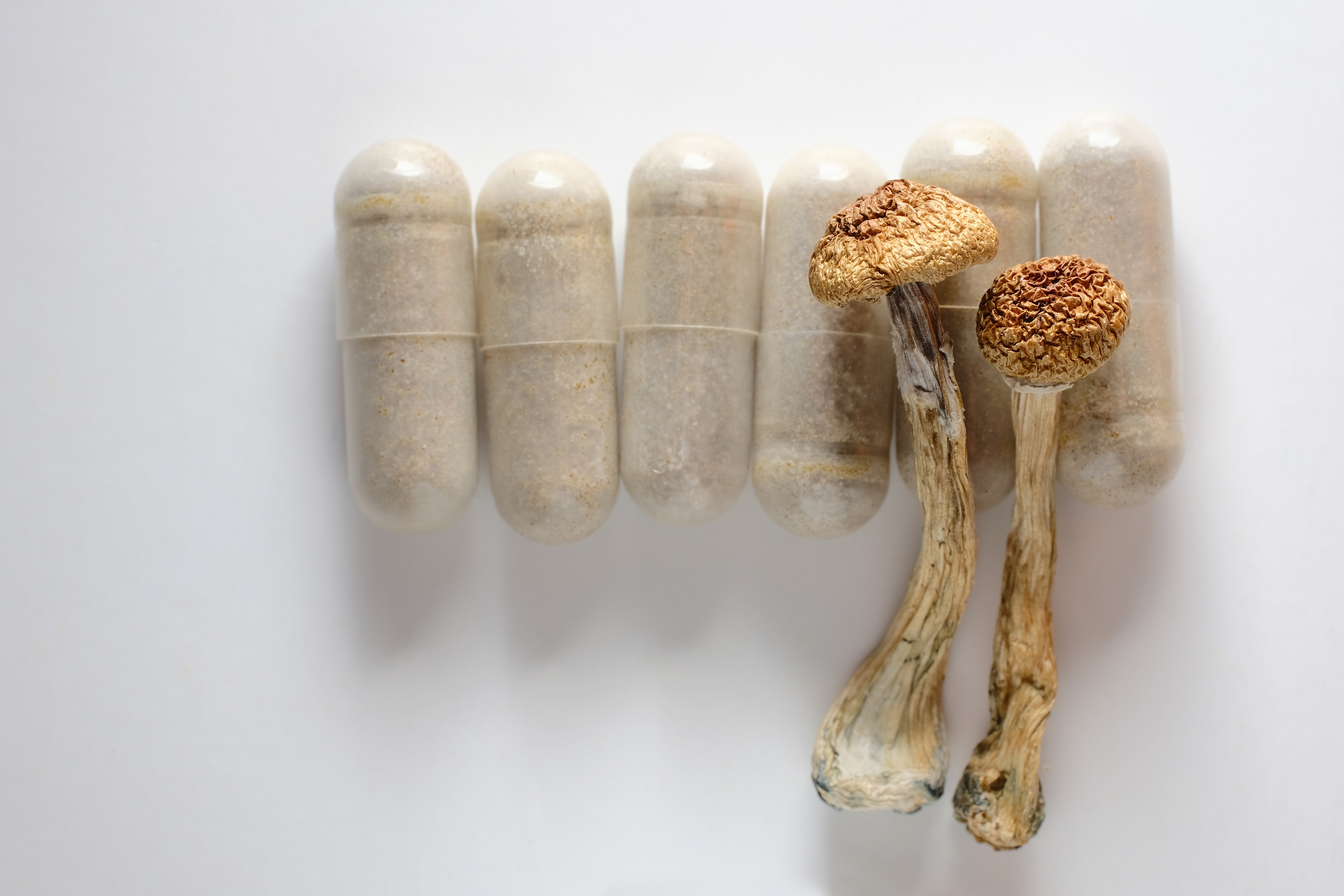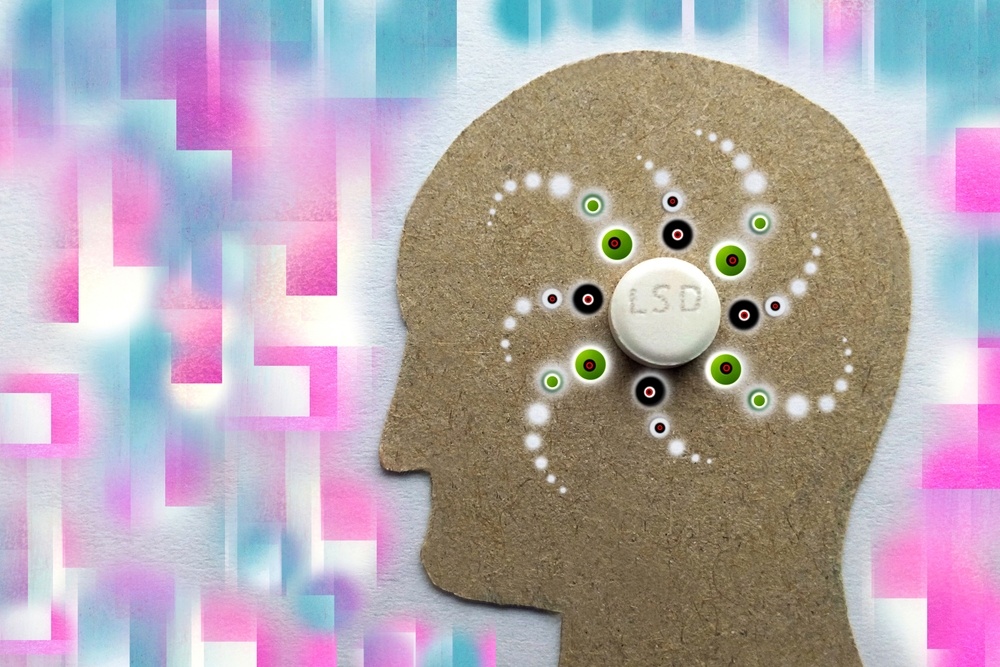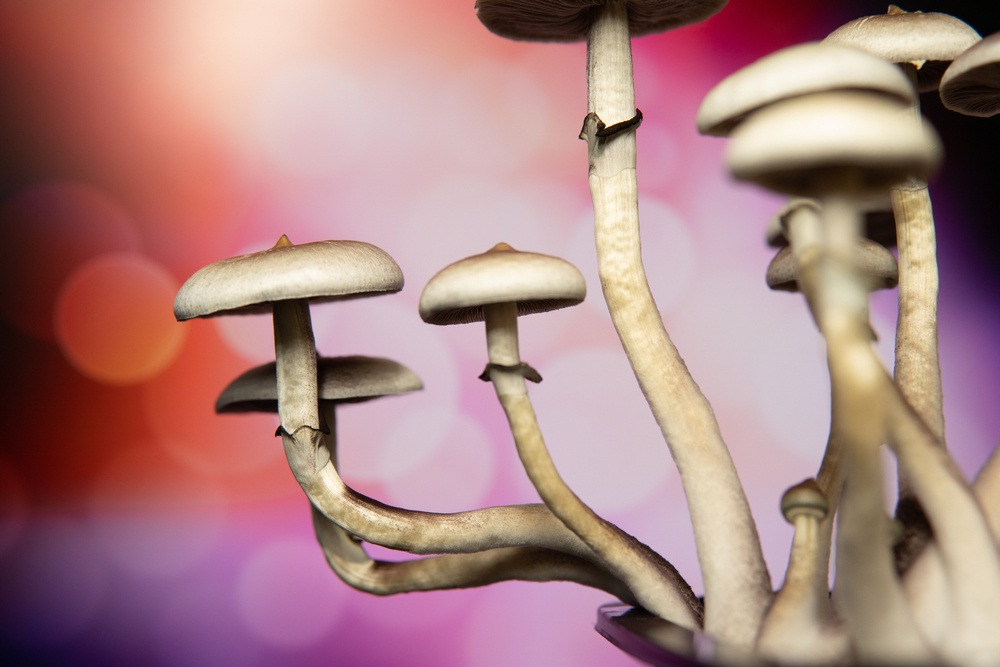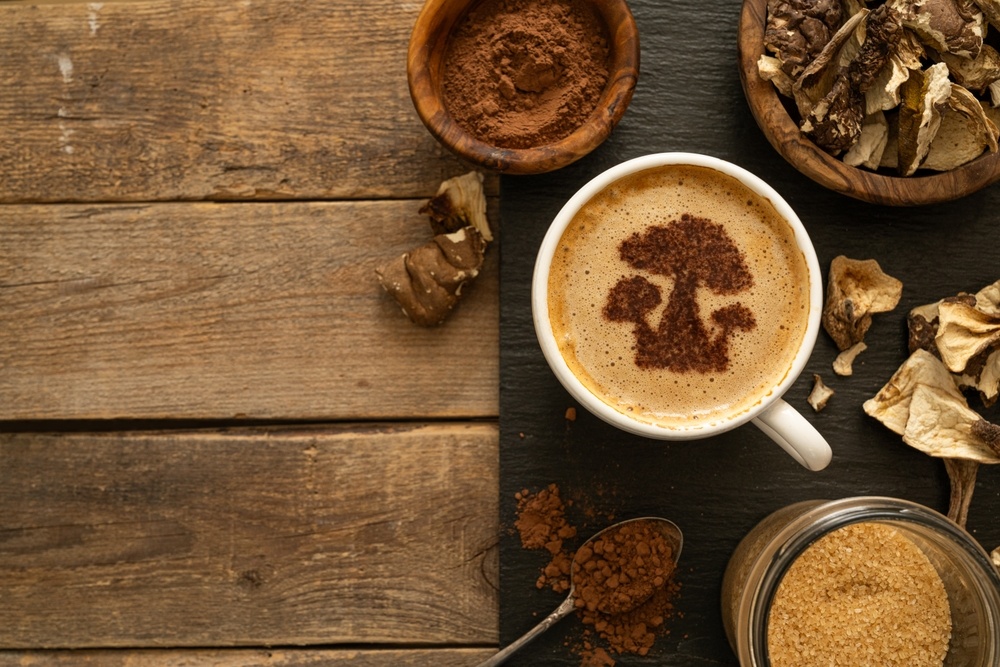Are you interested in the potential for psychedelics in therapy, or to improve your day-to-day life, but don't want to actually go tripping? There's another alternative: microdosing.
A microdose is basically what it sounds like, a small amount of a psychedelic that's much lower than a full recreational dose. Specifics vary depending on the drug, but a microdose is usually around 5-10% of a full-strength dose. According to proponents of the practice, this allows the user to experience many of the benefits of the drug - such as enhanced sensory perception or improved creativity - while still being able to function normally in their lives.
However, microdosing is controversial. Also, scientific research into the practice is sparse and contradictory. Is microdosing safe? Does microdosing help improve your mood or creativity? Let's look into what's currently known.
Microdosing For Beginners
As we said above, a microdose is simply a small amount of a psychedelic, small enough that it doesn't bring about a full trip with hallucinations. For example, a microdose of LSD might be in the area of 10-20mg, as opposed to the 100-200mg typically taken for a full trip.
Microdosing is also usually done on a schedule, such as taking a microdose every other day. There is currently no hard research on which schedules, if any, are most effective. Every user typically just settles on a schedule that seems to work for them.
Numerous psychedelic substances can potentially be microdosed. LSD and magic mushrooms are typically the most popular options, but you can also find people microdosing ketamine, MDMA, mescaline, THC / marijuana, and more. If it's a psychedelic available in varied doses, it can probably be microdosed.
Is Microdosing Safe?
Probably. Microdosing risks usually aren't a major concern. If taking 200mg of a substance won't hurt you, then only taking 20mg is unlikely to do any harm.
That said, body chemistry is complicated. There remains the possibility that slow buildup of a drug in the body could do harm which larger intermittent doses wouldn't trigger. This is one of many open questions surrounding microdosing which have yet to be examined in depth. There is always a level of risk when using drugs that have not been extensively studied.
There can also be a danger in unregulated products. For example the "Diamond Shruumz" brand of psilocybin-infused confections received an FDA warning and recall due to users getting sick. However, the warning does not state the exact reason that people got sick.
Also, one should keep in mind that nearly all drugs typically microdosed are illegal in most areas. If there's a danger from microdosing, it's more likely to be legal in nature. Always be careful if you're experimenting with illegal substances!
What Are The Benefits of Microdosing?
We should emphasize that nearly all purported benefits of microdosing are currently anecdotal. However, among proponents of microdosing, there are several key benefits mentioned:
- Improved mood
- Reduced depression or anxiety
- Better creativity
- Slightly enhanced or more vivid senses
- Improved focus or clarity
- Reducted use of harmful drugs like alcohol
There have also been reports of people turning to microdosing for relief from chronic pain or cluster headaches.
Do some substances work better with microdosing than others? Probably, but that's yet another item on the long list of things we don't currently know for certain about microdosing.
How Long Does Microdosing Last?
In terms of the immediate effects of a microdose, the effects are subtle to begin with. Realistically, a microdose should not last longer than the effects of the drug would normally. That said, proponents do believe that a steady infusion of these drugs produce long-term results that you don't get from full-sized doses.
In terms of "how long do people choose to microdose?" the answer varies between individuals. Some people only microdose occasionally, such as taking small doses of shrooms for a week, then stopping for awhile. Others may microdose daily or near-daily for months or years at a time.
If someone stops, it's typically because they simply stop feeling like they're receiving benefits from the microdosing. There's no set schedule.
What Do We Know From Microdosing Research?
As we've said, research into the trend has really only just begun. As of 2024, there have only been a handful of studies into the practice, with mixed results.
- A 2017 Harm Reduction Journal study looked at self-reported information from online users turning to microdosing as a last resort for pain management. They noted few signs of negative side effects, but focused more on the psychology of people driven to self-experiment with drugs.
- A 2019 PLoS study tracked 98 microdosers over six weeks. Users reported some reduction of depression and stress, and better focus, but also increased neuroticism. In addition, the authors were concerned that placebo effects could be behind many of the perceived benefits.
- A 2021 Psychopharmacology study looked at psilocybin microdosing specifically, finding that it did increase users' feelings of awe and art appreciation. However, they also noted significant concerns over placebo effects. Evenattempting to use placebo controls, many users 'broke blind' and knew whether they had taken psilocybin.
- A 2022 Translational Psychiatry article also attempted double-blind placebo controlled research. Users did show changed EEG brain rhythms and reported subjective positive experiences - but once again, keeping psilocybin users 'blind' was an issue. Ultimately, the researchers did not find objective evidence of benefits.
- A 2024 review in Biological Psychiatry looking at LSD microdosing was more positive. There were no signs of harm, and it "produce[d] acute behavioral and neural effects in healthy adults."
In short, the small amount of scientific research so far has found little compelling evidence of microdosing bringing substantial objective benefits. LSD seems a better candidate than psilocybin, though.
Should You Microdose?
Fundamentally, the risks associated with microdosing seem to be low. Experimenting with microdosing will probably not do you any harm. However, there is only mixed evidence to suggest it will do much good either. What benefits are reported seem to mostly be due to expectations and the placebo effect, especially with shrooms.
Of course, lack of research is an issue. If you're interested, watch out for new studies and keep yourself informed.



